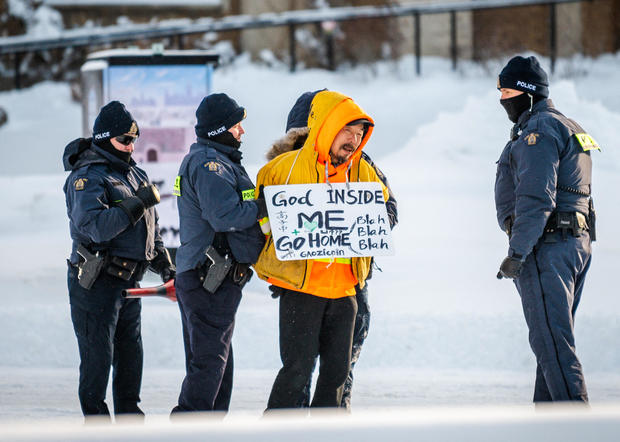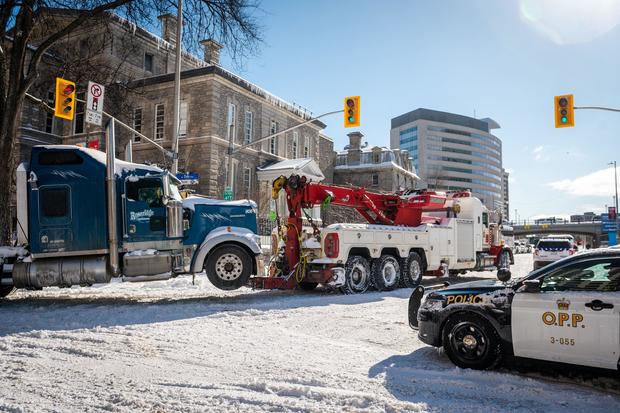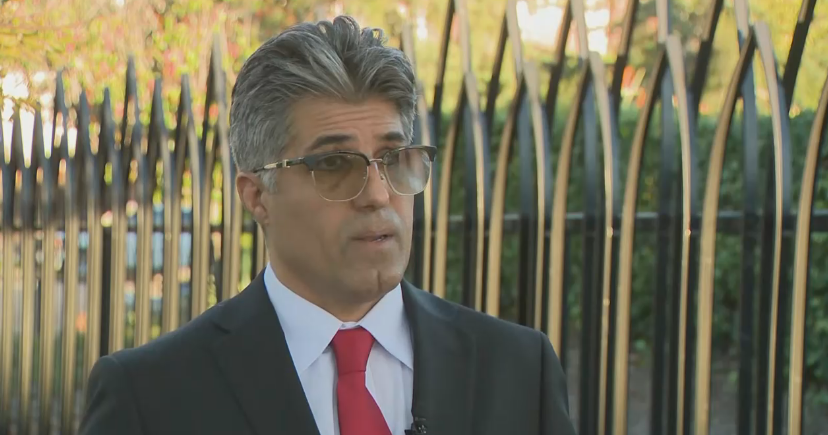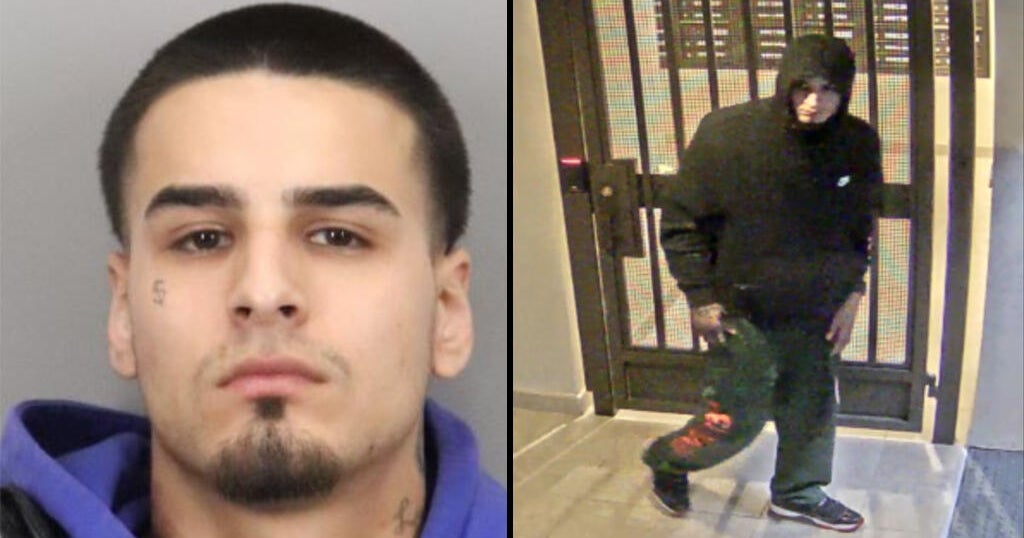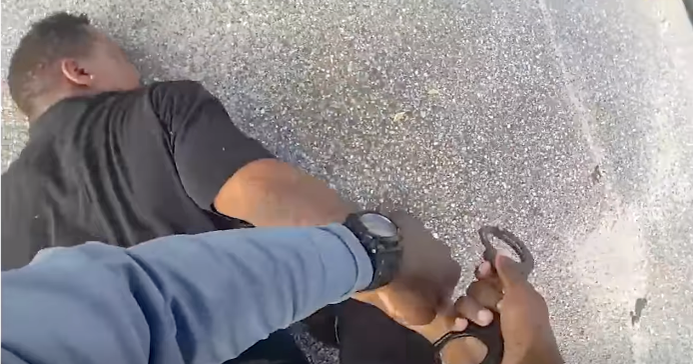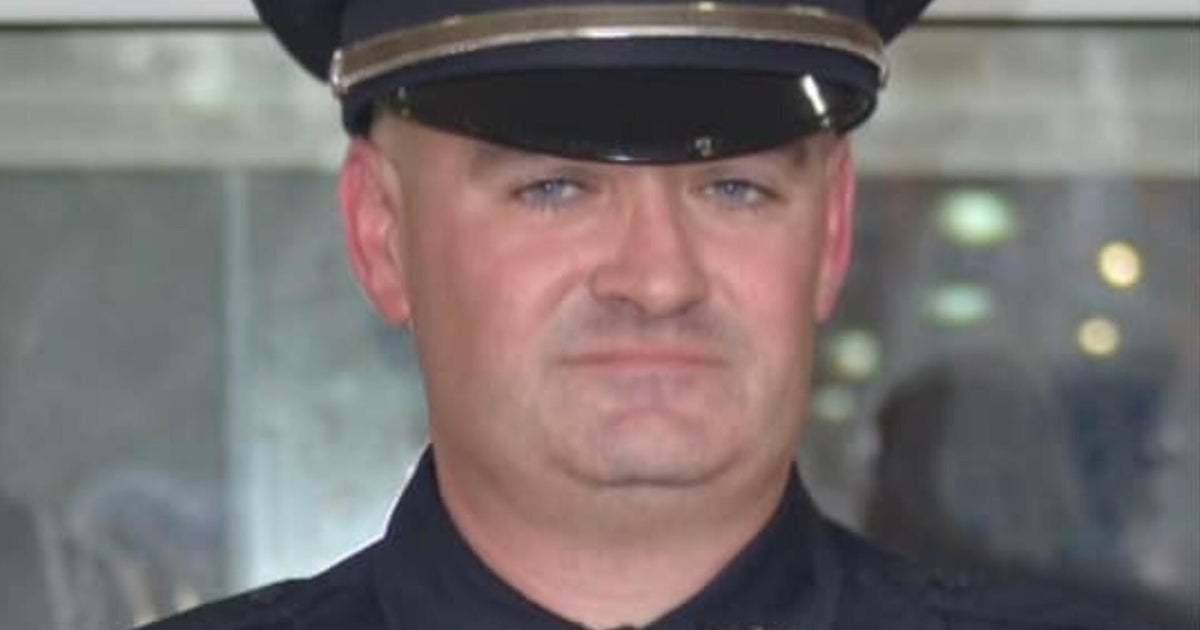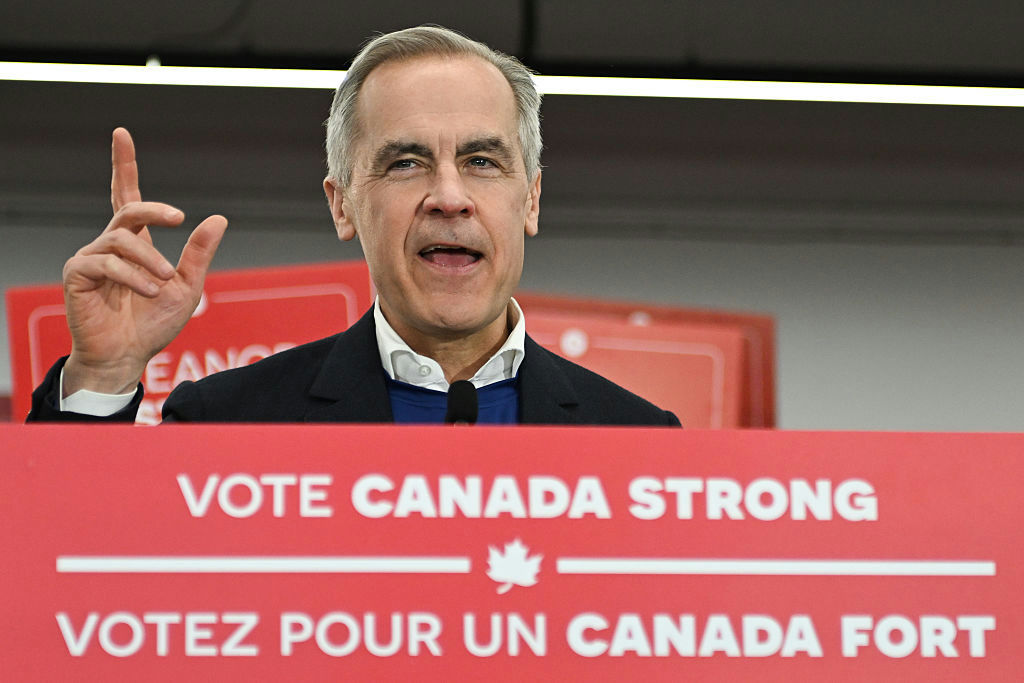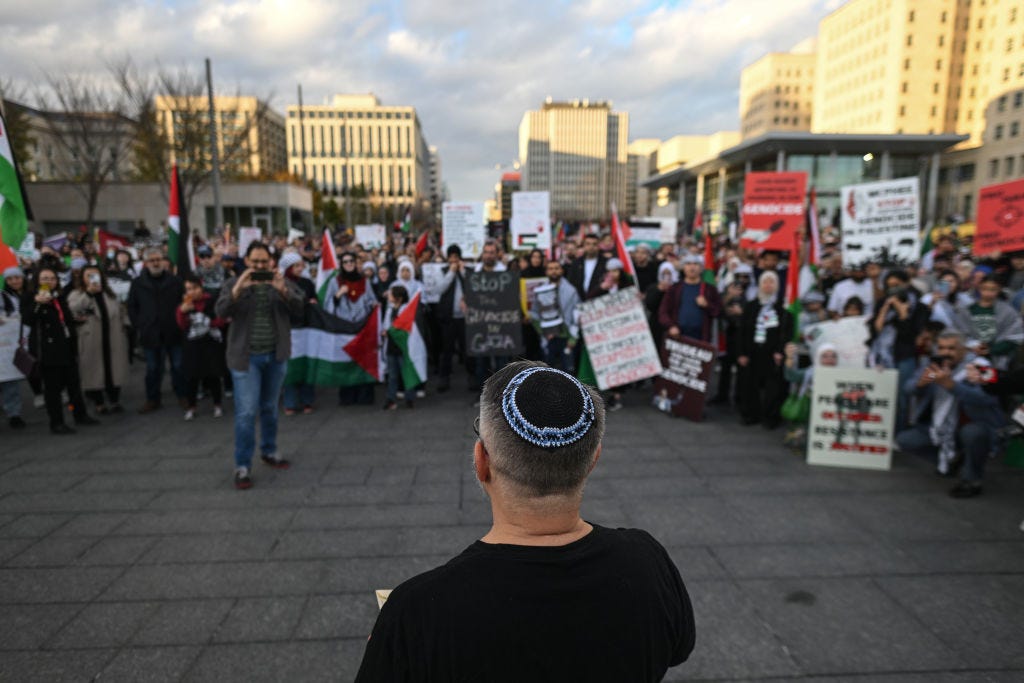At least 100 arrested in police crackdown on Ottawa protest
Ottawa, Ontario — Police arrested scores of demonstrators and towed away vehicles Friday in Canada's besieged capital, and a stream of trucks started leaving under the pressure, raising authorities' hopes for an end to the three-week protest against the country's COVID-19 restrictions.
By evening, at least 100 people had been arrested, mostly on mischief charges, and nearly two dozen vehicles had been towed, including all of those blocking one of the city's major streets, authorities said. One officer had a minor injury, but no protesters were hurt, interim Ottawa Police Chief Steve Bell said.
Police "continue to push forward to take control of our streets," he said, adding: "We will work day and night until this is completed."
Those arrested included four protest leaders. One received bail while the others remained jailed.
The crackdown on the self-styled Freedom Convoy began in the morning, when hundreds of police, some in riot gear and some carrying automatic weapons, descended into the protest zone and began leading demonstrators away in handcuffs through the snowy streets as holdout truckers blared their horns.
Tow truck operators — wearing neon-green ski masks, with their companies' decals taped over on their trucks to conceal their identities — arrived under police escort and started removing the hundreds of big rigs, campers and other vehicles parked shoulder-to-shoulder near Parliament. Police smashed through the door of at least one RV camper before hauling it away.
Scuffles broke out in places, and police repeatedly went nose-to-nose with the protesters and pushed the crowd back amid cries of "Freedom!" and the singing of the national anthem, "O Canada." Later police on horses were used to push back the crowd for a time.
Police said late in the afternoon that protesters had assaulted officers and tried to take their weapons. Some began dismantling equipment at a stage where they had played music for weeks, saying they didn't want it to get destroyed.
Many protesters stood their ground in the face of one of the biggest police enforcement actions in Canada's history, with officers drawn from around the country.
"Freedom was never free," said trucker Kevin Homaund, of Montreal. "So what if they put the handcuffs on us and they put us in jail?"
But a steady procession of trucks began leaving Parliament Hill in the afternoon.
"There are indications we are now starting to see progress," Ontario Premier Doug Ford said.
Police would not disclose how many protesters or vehicles remained downtown. All indications were that police would be working into the weekend to clear the area.
The capital and its paralyzed streets represented the movement's last stronghold after weeks of demonstrations and blockades that shut down border crossings into the U.S. and created one of the most serious tests yet for Prime Minister Justin Trudeau. They also shook Canada's reputation for civility, with some blaming America's influence.
Authorities had hesitated to move against the protests, in part because of fears of violence. The demonstrations have drawn right-wing extremists and veterans, some of them armed.
With police and the government facing accusations that they let the protests get out of hand, Trudeau on Monday invoked Canada's Emergencies Act. That gave law enforcement extraordinary authority to declare the blockades illegal, tow away trucks, arrest the drivers, suspend their licenses and freeze their bank accounts.
Ottawa police made their first move to end the occupation late Thursday with the arrest of two key protest leaders. They also sealed off much of the downtown area to outsiders to prevent them from coming to the aid of the protesters.
The emergency act enabled law enforcement authorities to compel tow truck companies to assist. Ottawa police said earlier that they couldn't find tow truck drivers willing to help because they either sympathized with the movement or feared retaliation.
As police worked to dismantle the siege, Pat King, one of the protest leaders, told truckers, "Please stay peaceful," while also threatening the livelihoods of the tow truck operators.
"You are committing career suicide," King warned on Facebook. "We know where the trucks came from."
King himself was later arrested by officers who surrounded him in his car.
Ottawa police had made it clear for days that they were preparing to retake the streets. On Friday, even as the operation was underway, police issued another round of warnings via social media and loudspeaker, offering protesters one more chance to leave and avoid arrest.
Some locked arms instead as officers formed a line to push them back.
Dan Holland, a protester from London, Ontario, packed up his car as police closed in. "I don't want to get beat up by this police," he said.
Children bundled up in coats and hats stood amid the crowd. Police said the protesters had put the youngsters in the middle in the confrontation.
The Freedom Convoy demonstrations initially focused on Canada's vaccine requirement for truckers entering the country but soon morphed into a broad attack on COVID-19 precautions and Trudeau's government.
Ottawa residents complained of being harassed and intimidated by the truckers and obtained a court injunction to stop their incessant honking.
Trudeau portrayed the protesters as members of a "fringe" element. Canadians have largely embraced the country's COVID-19 restrictions, with the vast majority vaccinated, including an estimated 90% of the nation's truckers. Some of the vaccine and mask mandates imposed by the provinces are already falling away rapidly.
The biggest border blockade, at the Ambassador Bridge between Windsor, Ontario, and Detroit, disrupted the flow of auto parts between the two countries and forced the industry to curtail production. Authorities lifted the siege last weekend after arresting dozens of protesters.
The final border blockade, in Manitoba, across from North Dakota, ended peacefully on Wednesday.
The protests have been cheered on and received donations from conservatives in the U.S.
